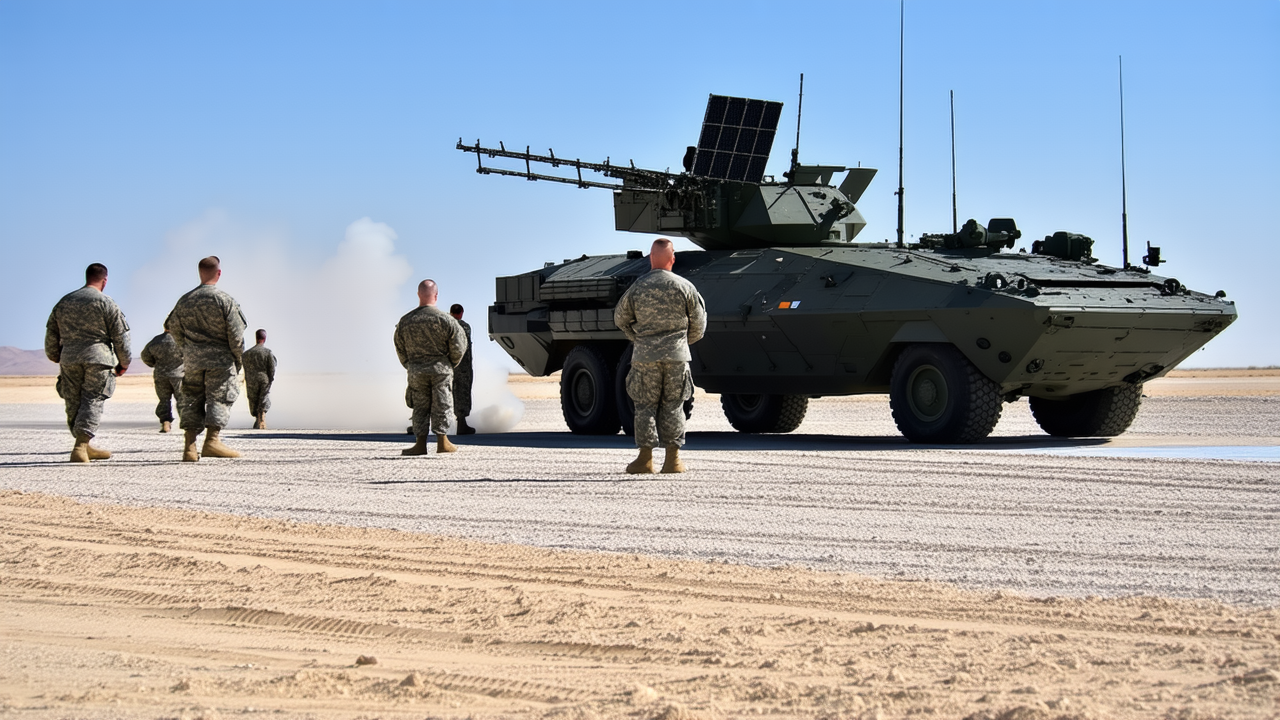US Space Force Calls for Global Partnerships, Including New Zealand, to Prepare for Space Conflicts
US Space Force Calls for Global Partnerships, Including New Zealand, to Prepare for Space Conflicts
The United States is pushing for a strategic shift in its approach to space security, with a new international partnership strategy that invites countries like New Zealand to play a more active role in preparing for potential space conflicts. The strategy, developed by the US Space Force, emphasizes collaboration with allies and partners in planning, wargaming, and mission execution. However, the New Zealand Defence Force (NZDF) has clarified that it is not being asked to commit to any binding agreements—though the strategy’s language suggests a deeper level of integration.
The strategy outlines a framework to integrate allies and partners in “Force Design, Force Development, Force Generation, and Force Employment,” aiming to create a unified front that deters potential adversaries. It highlights the importance of pooling resources, technology, and expertise to counter growing threats from nations such as China, which is increasingly expanding its space capabilities.
New Zealand, though not a formal ally of the US, has a unique relationship with the US in the space domain. Its technology safeguarding agreement allows American military technology to be used in New Zealand, while restricting access for other nations. This arrangement positions New Zealand as a strategic partner with a crucial role in the US-led space security landscape.
In a recent speech, New Zealand’s Defence and Space Minister Judith Collins emphasized the significance of the space partnership with the US, calling it one of the most important aspects of the bilateral relationship. She also noted that New Zealand’s geographic location and clear skies make it an ideal partner for space operations, especially for launch and monitoring activities.
The US Space Force has also launched a new initiative called “Partner to Win,” which underscores the necessity of international collaboration in developing space-based military capabilities. This includes joint missions, co-development of technologies, and integrated wargaming exercises. These efforts are part of a broader push to ensure that potential adversaries perceive the US and its allies as a unified force, thereby increasing the cost and complexity of any potential conflict in space.
While the US has historically been cautious about sharing its advanced space technologies, recent developments such as the formation of the US Space Force in 2019 and the AUKUS Pillar 2 agreement have opened the door for greater collaboration with allies and partners. This includes co-production and joint development of space-based defense systems, which could have significant implications for countries like New Zealand, which is increasingly looking to leverage its space assets for both defense and economic growth.
The US and New Zealand have already engaged in several joint space initiatives, including participation in the Wideband Global Satcom military satellite network and the Joint Commercial Operations space monitoring system. New Zealand’s recent involvement in the US-led Operation Olympic Defender further underscores its growing role in global space security.
Despite these developments, the NZDF has not yet confirmed its participation in the US Space Force’s largest exercise to date, Resolute Space 2025. However, the NZDF has expressed interest in exploring opportunities for improved integration with US and other partner nations in space operations, ground-based infrastructure, and access to space effects.
The growing alignment between the US and New Zealand in space and defense matters is part of a broader trend, with the two countries launching a dialogue on critical and emerging technologies and establishing a strategic defense trade agreement. These efforts are aimed at strengthening the US military-industrial base and enhancing defense capabilities for both nations and their regional allies.
As the US continues to expand its space-based defense capabilities, the role of partners like New Zealand will likely become even more critical. With its unique geographical advantages and strategic partnerships, New Zealand is well-positioned to contribute to the global effort to secure and protect the space domain in the years to come.
